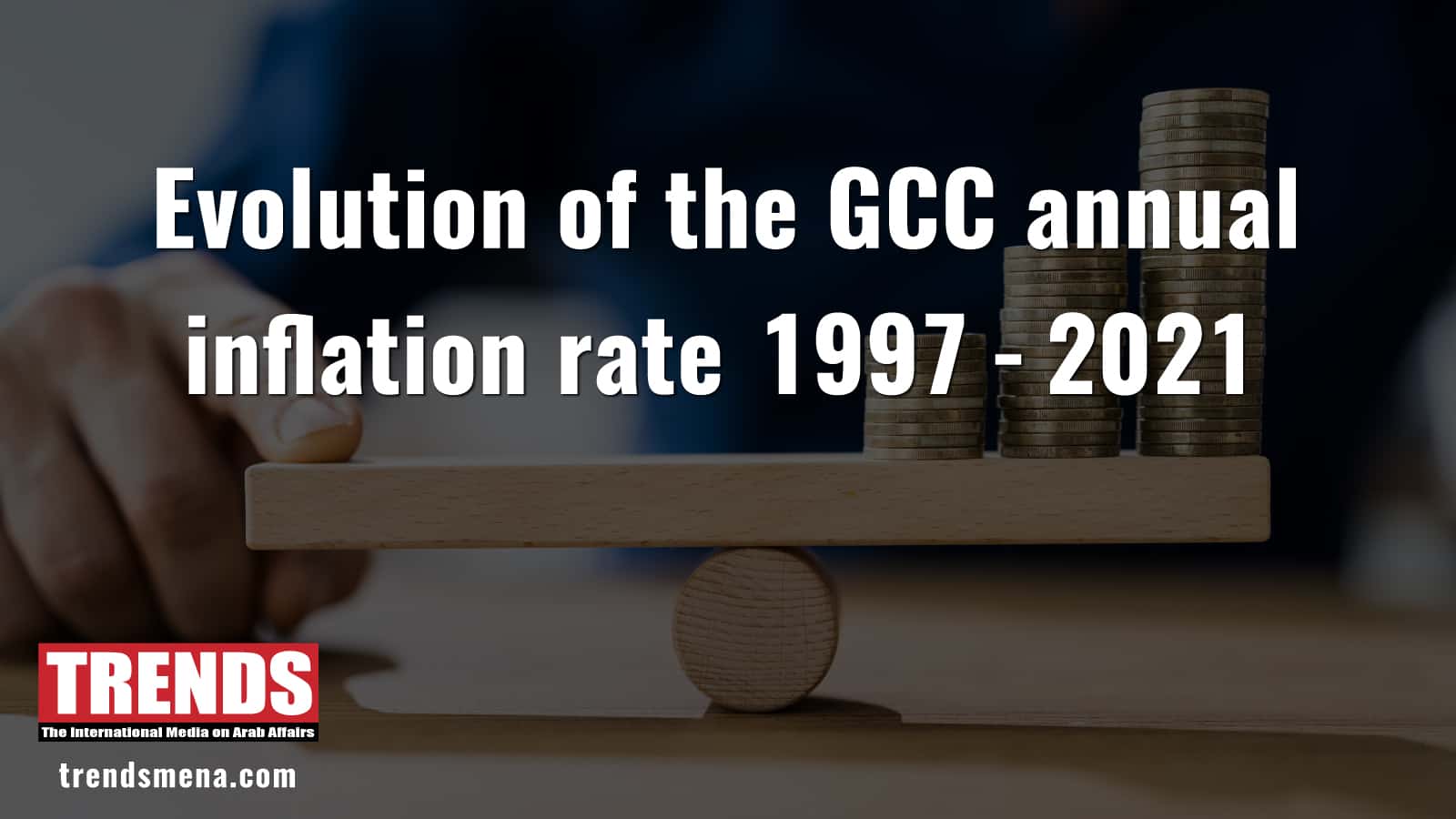The Gulf Cooperation Council (GCC) countries, like other nations of the world, are exposed to many economic challenges and risks such as higher prices of basic products and services.
Moreover, introduction of new taxes such as value added tax have affected the prices of goods and services significantly across the region over a period of time.
To reduce consumer prices, GCC governments are more focused on supporting the local manufacturing rather than depending on imports. However, controlling the inflation rates requires more than that. An efficient economic administration is able to tame consumer prices through various measures.
Wooing foreign direct investment (FDI) is one of main determinants that has an inverse and significant influence on inflation. There is also an urgent need to curtail corruption, which significantly impacts the inflation in the region. Finally, the oil prices also affect the consumer prices as higher oil prices increase the inflation rates.
Here is how GCC countries performed in terms of inflation rates between 1997 and 2021.








